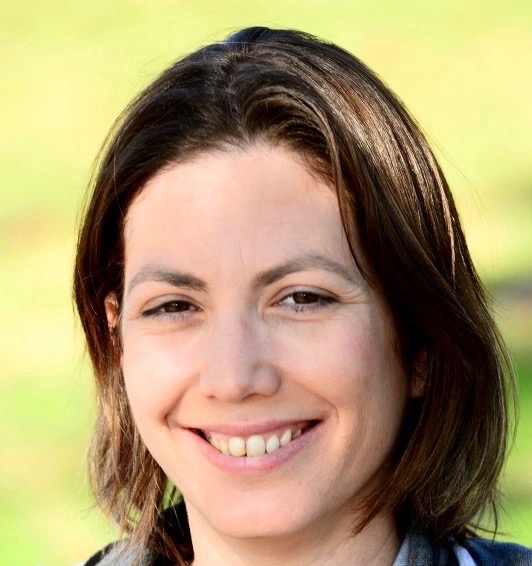When Your Breast Becomes a Public Health Issue
A big review of breastfeeding benefits came out in the journal Pediatrics about 4 months ago. It lists the benefits of breastfeeding as compared with formula-feeding, as well as extended breastfeeding (over 6 months) as compared with non-extended breastfeeding (6 months or less). The list is quite impressive. Infants who are formula-fed are at increased risk for respiratory tract infection (anything between the common cold and pneumonia), middle ear infection, SIDS (sudden infant death syndrome), asthma, and obesity, among others. In addition, mothers who breastfeed as opposed to formula-feed their babies enjoy a cumulative lower risk of arthritis, hypertension, breast and ovarian cancer. The “cumulative” part means that the more you nurse the lower the risk for all of those lovely things. The authors conclude that, “infant nutrition should be considered a public health issue and not only a lifestyle choice”.
I know that all the formula-feeding moms are now feeling very inadequate, and with good reason. That is, there’s good reason for their feelings – everyone is gaining up on them. But bear with me, this is not going where you think it’s going.
I breastfed both my kids. They both weaned themselves at 11 months. They are both pretty healthy (knock on wood etc.). But the plural of anecdote is not data. And this post is about data, so my kids and my experience have very little to do with this discussion. And regarding the review article, I’m not convinced.
There are several problems with studies that show benefits for breastfeeding in general. The main problem is: they are not experimental. That is, there is no experimental group of breastfed babies and a control group of formula fed babies, no random assignment, and therefore no way to determine causal relationship. You could argue that breastfeeding causes less sickness, but you could also argue that less sickness causes breastfeeding. It sounds counterintuitive, but it is very possible that a mother whose baby is sick all the time and crying all the time is more likely to give up and switch to formula than a mother whose baby is healthy and happy. The point about observational studies is that we cannot determine a causal relationship, that’s the second rule of critically reading research. (The first rule is, of course, “don’t panic”). The same criticism applies for the mothers’ benefits findings. A cumulative protection of 24 months of breastfeeding could result from breastfeeding 2 kids for 1 year each, or it could result from breastfeeding 8 kids for 3 months each. So for all we know it’s possible that healthy women have more kids and therefore a longer breastfeeding period overall, enjoying the cumulative “protection” of breastfeeding.
Another problem is that there are confounding variables that muddle the picture. A confounding variable is one that cannot be separated from the observed variables, and therefore may be driving the correlation. For instance, the article states clearly that African-American women are less likely to breastfeed their babies, especially if they come from a low-income household. African-American women in general tend to be on the lower side of socioeconomic status. That is, they tend to be poorer (on average). And being poor, especially in the US, means that you are more likely to be sick. So it could be that the socioeconomic status of the family, not the breastfeeding, is what drives the higher risk for infant diseases.
Is infant nutrition a public health issue? Of course it is. But there’s a whole lot of other things we could do – such as better health coverage for poor mothers and babies – before we start going into people’s bras.
Don’t get me wrong: I think breastfeeding is awesome. I don’t regret for a minute breastfeeding my kids, even though I didn’t have it easy and it was not natural for us – it took a lot of practicing and hard work. My point is, breastfeeding may or may not have positive effects on infants’ health, but there are policy changes that should be higher on the priority list, and do not impinge on women’s free choices.
